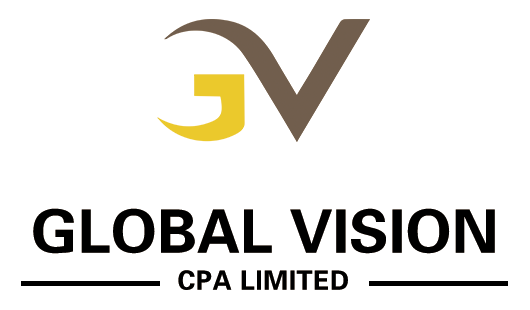Get help with your U.S. Taxes
If you are a U.S. citizen and working in Hong Kong as an expatriate, you might be subject to U.S. taxes including but not limited to: U.S. green card /L-1/E-2 /EB-5 VISA holders, Amazon eBay sellers, and U.S. real estate investors. Handling Income Tax Return matters with IRS can be a burden to you. There were big changes for Tax Credits and Deductions during the year 2018. The Tax Cuts and Jobs Act have made big changes to how the government calculates your income taxes. These changes apply to your 2018 federal tax return. Tax Rates Go Down; Standard Deduction Grows; Personal and Dependent Exemptions Are Eliminated. Should you need our assistance in this regard, feel free to contact our tax advisor Martin Chan directly
Tax laws are changing rapidly no matter in Hong Kong and other jurisdictions around the world. How we can handle tax matter smartly and legally? Our tax experts can assist you to identify tax planning opportunities for your personal and corporate level as a whole. With a good planning in advance, you are able to grasp the chance to maximize your tax benefit.




